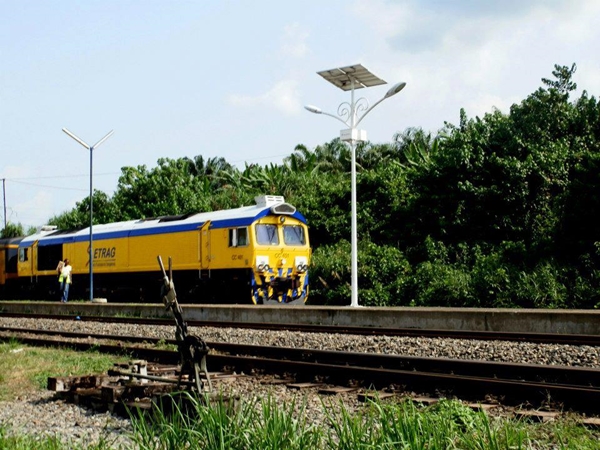The East Central Railway (ECR) of India has plans to set up solar illumination over 780 manned as well as unmanned railway crossings to provide adequate lighting.
Concerned over frequent mishaps, railways have decided to further improve safety measures under the five divisions of the zone, according to ECR GM Madhuresh Kumar.
Railways have identified the most critical unmanned gates in ECR and already 511 crossings have been provided with solar-driven electricity supply. Work will be completed in next 15 days in the remaining 272.
The initiative is a part of the ongoing energy conservation week that began from Dec 8 – 14.
They also have decided to identify 23 stations as green station, as confirmed by higher railway officials.

In proposed green stations, the electricity need would be met through solar energy.
Rambhadrapur station under Samastipur division is an example of Green station.
Railways have inaugurated India’s first green station at Manwal on the Jammu-Udhampur rail route in 2011 and the station was provided with solar power facility.
Three days ago Chennai division of India has sanctioned a proposal to go green between the tracks. According to this, a garden will be maintained at a 50m stretch between two tracks at Mambalam railway station, later spreading into more areas.
In addition, electronic meter has been installed in all Railway quarters to control the use of excess electricity, helping to save around Rs 5 crore in a year.
A saving of around 400 kltr of diesel at the cost of around Rs 1.33 crore revenue of the zone can be achieved through these implementations to conserve energy.
Indian Railways introduced solar panel to illuminate the level crossing gates which have no other nearby power supply source.
There are also plan for solar panel installation on the roof of the coach, and if this is made successful, it will be a great beginning for powering railway coaches.
Sabeena Wahid
editor@greentechlead.com
